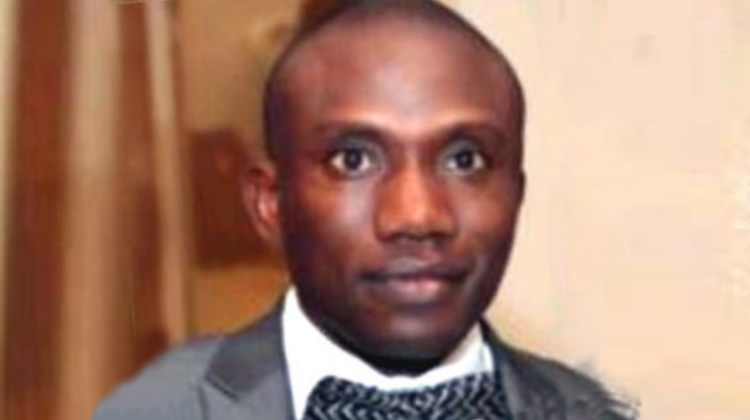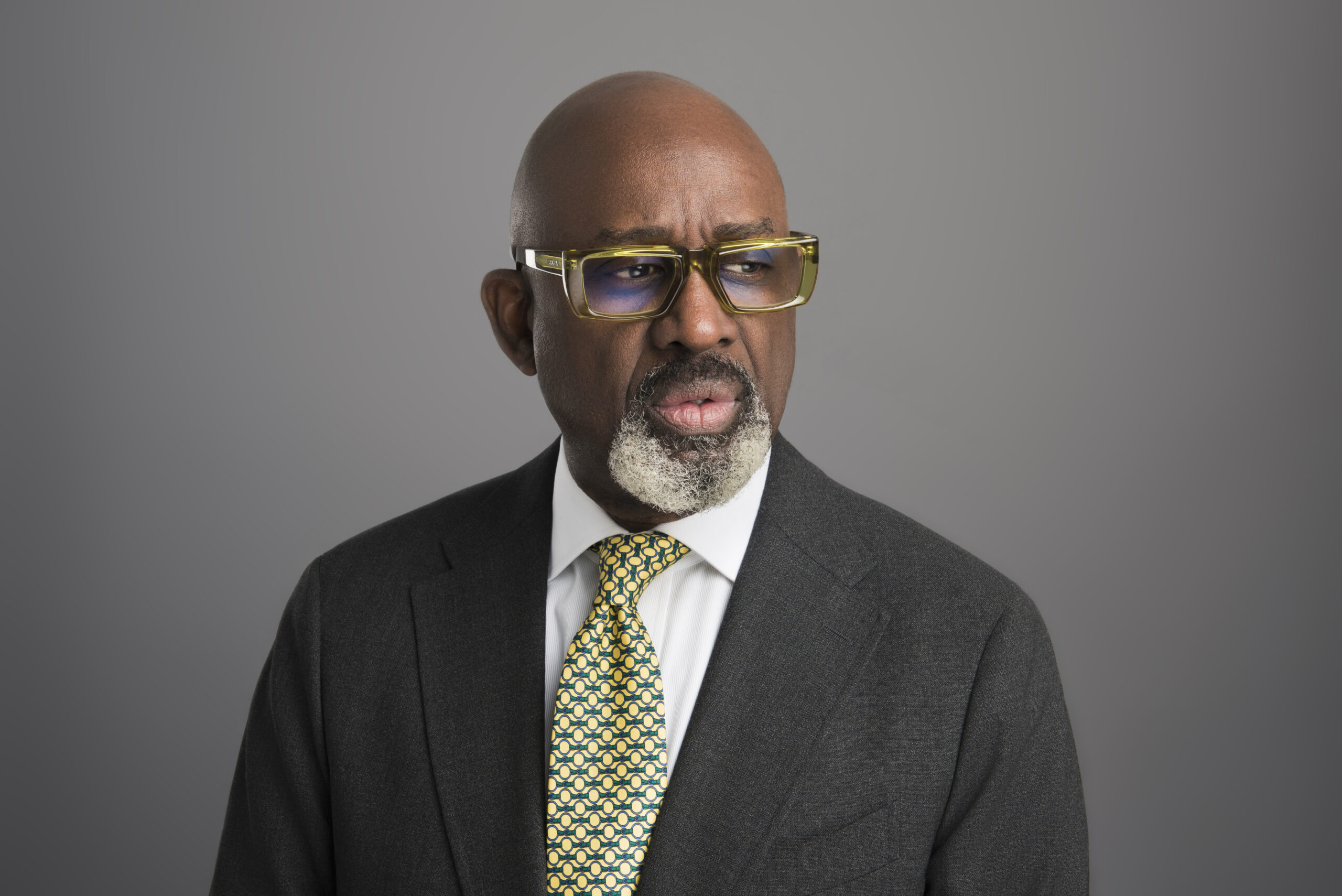Atiku did nothing wrong by pursuing Tinubu’s certificate

By Niran Adedokun
I once wrote that politicians and what they do or do not do had ceased to be my concern, and I meant it. I still mean it. That is not to say that I no longer care about who becomes the country’s leader; it only means that politicians will always be politicians, no matter their claim.
I have a favourite quote from former French leader, Charles De Gaulle, to the effect that: “Politics is too serious a matter to be left to the politicians.” The late General was not Nigerian, yet he acknowledged the dangers of depending on politicians to develop society. He opined that it was risky and advised against it; this was to his French compatriots.
I wrote in a July 2013 piece: “The truth is that regardless of their ideology, politicians do not always work for the people’s interests. In politics, it is the survival of the fittest; the interest that currently satisfies the end that the politicians of the day want to arrive predominates their minds. Sometimes, they camouflage their interests as identical to ours, but that is no more than a smokescreen. Even those things they do for us are about building their electoral capital. It is about winning a second term or retaining their political party in power. Political survival is the philosophy that guides the average politician anywhere in the world. What accounts for Barack Obama’s flip-flop on his position on gay marriage between 2008 and 2012, for example? Politicians want to survive, whatever it costs…! At that point, I felt it was essential to get Nigerians to understand that they cannot get star-struck by politicians and expect their country to develop.
Over the years, this column has insisted that active citizenship is essential to democratic growth and societal development. For the better part of the last eight years, most especially the eight years of President Muhammadu Buhari’s administration, I argued that after elections, citizens must demand good governance, regardless of whether they support a government’s emergence or not. And even when they decide to close their eyes to a government’s incompetence and failure, they must welcome and appreciate the rights of other Nigerians to take elected people to task as long as they do not introduce violence. We cannot have democracy without democrats! Twenty-four years into this democratic journey, however, Nigerians have learnt little about the importance of living and allowing others to live in a democracy!
I am not one of those people who ever thought that anything would come out of the petitions against President Bola Tinubu’s election for various reasons, many of which I have shared in previous interventions. However, I believe in and appreciate the decision of his opponents to seek judicial mediation in the matter. This includes the candidate of the Peoples Democratic Party, Alhaji Atiku Abubakar’s right to approach courts in the United States for Tinubu’s academic records. To vilify him and his supporters for this is, to my mind, a sign of democratic immaturity and an attempt to hamper the public sphere in Nigeria. It is anti-people and unhealthy for the growth of democracy in the country.
I hold the same sentiment about the petition of the presidential candidate of the Labour Party, Mr Peter Obi. With the effort of these people, we can test and put some hitherto unchartered aspects of our laws to rest by setting precedents through settled cases. With this, we expand our democratic base.
Interestingly, the three men under discussion have done so much for case law in Nigeria that history must remember their contributions. Tinubu and Atiku have remained top factors in the country’s democratic trajectory for about 30 years. Atiku contested for the presidential ticket of the Social Democratic Party and came in third behind business mogul, the late Chief MKO Abiola, and the party chairman, Ambassador Babagana Kingibe. The other two men were political colossuses of that time, and that Atiku trailed behind them counted for something. But for Abiola’s desire to retain the support of the SDP governors, Atiku was favoured to be his running mate in the 1993 elections, which Nigerians like to refer to as the freest and fairest in national history. Since then, the man has been dogged in his determination to lead Nigeria, and no one should grudge him for that.
But Atiku is more than many see as his “desperation” to lead Nigeria. Students of Nigeria’s history would remember his battle with the Federal Government under former President Olusegun Obasanjo, the legal initiatives he instituted, the victories he won, and the precedents these judgments set for Nigeria’s democracy. How can anyone say such a man, who could have been Nigeria’s President at 47, should not do any and every democratic thing to satisfy himself that he cannot be President? He has pursued this dream for three decades; if it does not come to fruition, he has every right to chase it to the fullest. In any case, are there lessons that our country can learn from Atiku’s quest for Tinubu’s academic records, one way or another? Why can’t we focus on these lessons as a country?
But it is doubtful that Tinubu would find anything unusual about his friend and associate’s determination. These two men have been in the political trenches for decades. Tinubu made the latter’s 2007 presidential ticket on the platform of the Action Congress possible. The President became a senator of the Federal Republic in 1992 and joined many other compatriots in the National Democratic Coalition to demand the actualisation of the June 12, 1993, elections when the military annulled it. For this, Tinubu was hounded and forced to seek asylum abroad, where NADECO continued to operate.
As a governor in the 1999 class, Tinubu’s Lagos State sponsored many landmark cases that defined the status of the states. His impatience with the draconian practices of the Federal Government of the day was so rife that when the Oyo State House of Assembly impeached former Governor Rasheed Ladoja of Oyo State in 2006, he lent a hand. You should remember that he was in a different party with Ladoja; he could not stomach the injustice!
Since he took over the office in May, such a man, who has sat and held talks with people from every political divide, cannot worry that political opponents are exercising their democratic rights. This is more so when he knows the antecedents of Atiku and Obi, who twice reclaimed his mandate as governor of Anambra State through the courts. Considering how Tinubu fought for his current office, he knows that power is war by other means and cannot be thrown off by any tactics his opponents adopt as long as they remain orthodox.
So, what is the challenge with supporters who throw caution to the wind and turn the public space into an unnecessary war zone of verbal fireworks while questioning the rights of others to pursue their interests? It does not matter whether Atiku has embarked on a judicial frolic, whether his discovery at the Chigaco State University has probative and utilitarian values or not, as long as he feels fulfilled going that whole hog. It is right over which no one with an idea of what democracy is should query him.
The nation stands to benefit from the legal expansion and inter-jurisdictional approach of Atiku Abubakar just as the numerous legal gymnastics promoted and championed by President Bola Tinubu have widened democratic boundaries and advanced the country’s search for better and more qualitative governance. Partisan actors who forget our democratic journey should stop pillorying Atiku. I said that not because they do not have the right to do what they desire but because they narrow the possibilities that democracy holds for us all by their censorship.
Irrespective of our partisan interests and tendencies
Atiku and Obi are, by their acts and conducts (in so far as the same is backed by laws and in tandem with democratic culture), writing the history of our democratic growth. We should not vilify them.
X: @niranadedokun





